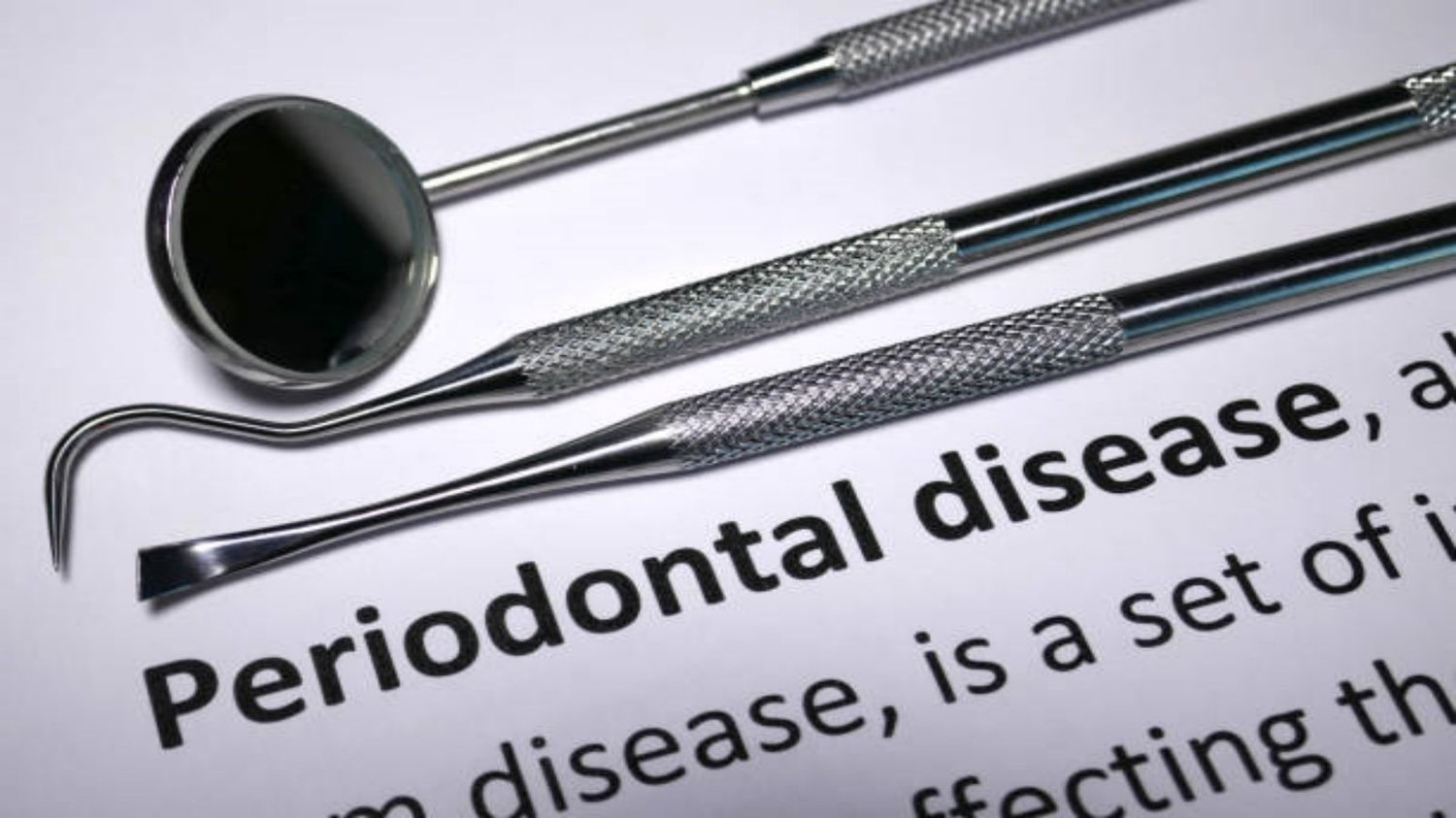Table of Contents

What Are the Key Considerations in Choosing Titanium Plate for Medical Devices?
Introduction:
Medical devices play a crucial role in modern healthcare, and the materials used in their construction must meet strict requirements. When it comes to selecting the right material for medical device applications, titanium plate has gained significant popularity in recent years. This article explores the key considerations that medical professionals and device manufacturers should keep in mind when choosing titanium plate for medical devices.
1. Biocompatibility
Titanium is known for its exceptional biocompatibility, making it an ideal material for medical devices. When titanium comes into contact with living tissues or fluids, it forms a thin oxide layer that promotes osseointegration and minimizes the risk of rejection or adverse reactions. The biocompatibility of titanium plate ensures that it can be safely used in medical devices that come into direct contact with the human body.
2. Corrosion Resistance
Medical devices often need to withstand harsh environments, such as exposure to bodily fluids or cleaning agents. Titanium plate exhibits excellent corrosion resistance, even in the presence of aggressive substances. This resistance to corrosion ensures the longevity and reliability of medical devices, making titanium an attractive choice for implantable and non-implantable applications.
3. Mechanical Strength
Medical devices must possess sufficient mechanical strength to withstand the stresses and strains they may encounter during use. Titanium plate offers an excellent strength-to-weight ratio, making it highly desirable for medical applications. Its high tensile strength and low density make titanium plate a lightweight yet durable material, ideal for devices such as orthopedic implants or surgical tools.
4. Fatigue Resistance
Repeated loading and unloading can cause materials to experience fatigue failure over time. However, titanium plate exhibits remarkable fatigue resistance, allowing medical devices to endure prolonged use without compromising their structural integrity. This property is especially important for implants that are expected to function reliably for many years.
5. Radiopacity
During medical procedures, it is often necessary to visualize the location and position of implanted devices. Titanium plate possesses excellent radiopacity, meaning it appears clearly on X-rays and other imaging techniques. This radiopacity facilitates accurate monitoring and assessment of the device's placement and condition, improving patient care and post-implantation follow-up.
6. Manufacturing Flexibility
Titanium plate offers great versatility in terms of manufacturing processes, allowing for the creation of complex shapes and designs. This flexibility enables medical device manufacturers to produce custom-made implants and instruments that precisely meet the individual patient's needs. Titanium's ease of machining, welding, and forming ensures that medical devices can be manufactured with high precision and quality.
7. Thermal Stability
Medical devices may be subjected to various sterilization techniques, such as autoclaving or high-temperature steam sterilization. Titanium plate exhibits excellent thermal stability, allowing it to withstand these sterilization processes without significant degradation or loss of mechanical properties. This stability ensures that medical devices remain safe and functional throughout their lifespan.
8. Allergenic Potential
Some individuals may have allergies or sensitivities to certain metals, which can lead to adverse reactions or complications. Titanium is considered hypoallergenic, as it is biocompatible with the human body and rarely causes allergic responses. This makes titanium plate a suitable choice for medical devices, minimizing the risk of allergic reactions in patients.
9. Cost-effectiveness
While titanium is a premium material, its cost-effectiveness can be evaluated in terms of its long-term benefits and reduced need for replacement or revision surgeries. The durability and reliability of medical devices made from titanium plate can help reduce healthcare costs associated with device failure or complications, making it a financially viable choice in the long run.
10. Regulatory Compliance
When selecting materials for medical devices, it is crucial to consider regulatory requirements and standards. Titanium plate used in medical devices should comply with relevant regulations, such as the ISO 13485 standard for medical device quality management systems. Ensuring compliance with these standards guarantees the safety and effectiveness of the devices, giving healthcare professionals and patients confidence in their use.
